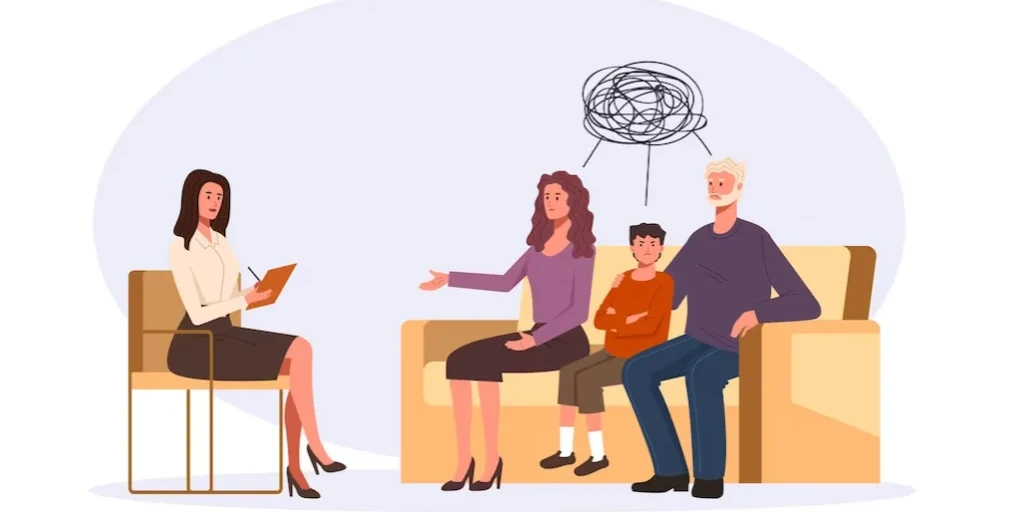24/7 Helpline:
(866) 899-111424/7 Helpline:
(866) 899-1114
Learn more about Bipolar Disorder Treatment centers in Emery
Bipolar Disorder Treatment in Other Cities






































































Four Corners Behavioral Health
Four Corners Behavioral Health is a private rehab located in Castle Dale, Utah. Four Corners Behavio...

Four Corners Behavioral Health
Four Corners Behavioral Health is a public rehab located in Green River, Utah. Four Corners Behavior...

Southwest Counseling Service
Southwest Counseling Service is a comprehensive community mental health center that has been providi...













Other Insurance Options

Aetna

Oxford

Absolute Total Care

Providence

Magellan

Holman Group

Magellan Health

Coventry Health Care

Health Net

Sliding scale payment assistance

Excellus

WellPoint

CareFirst

Access to Recovery (ATR) Voucher

State Farm

Choice Care Network

PHCS Network

Anthem

CareSource

Sutter